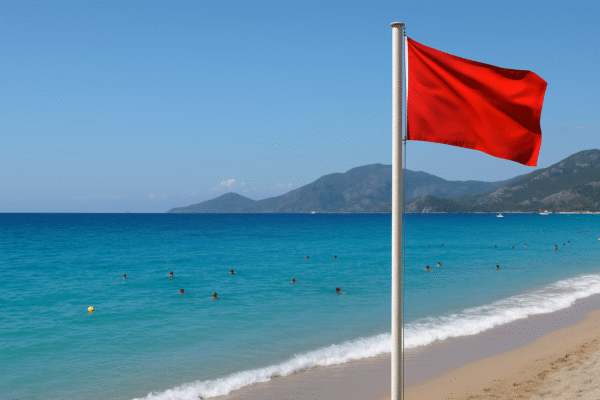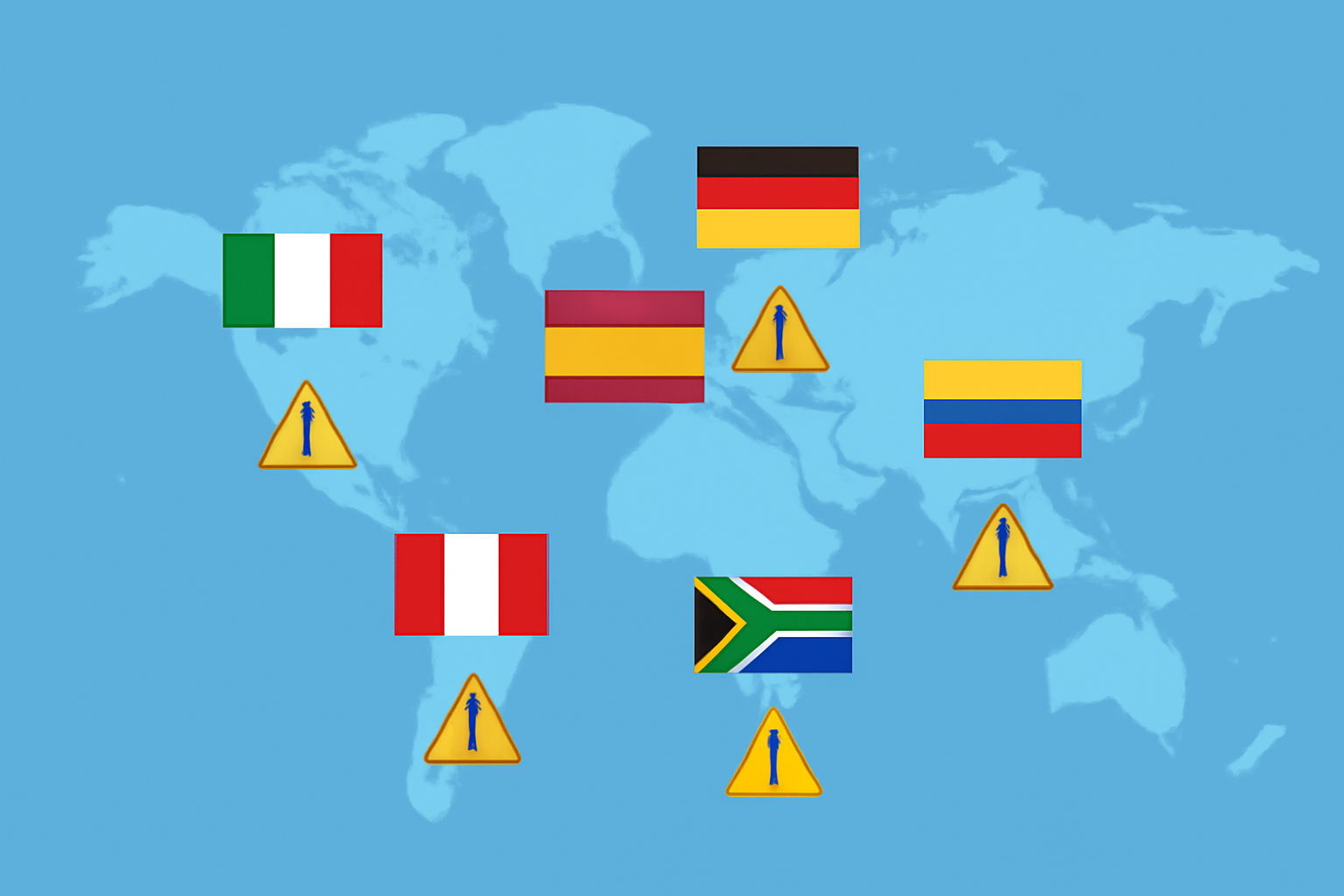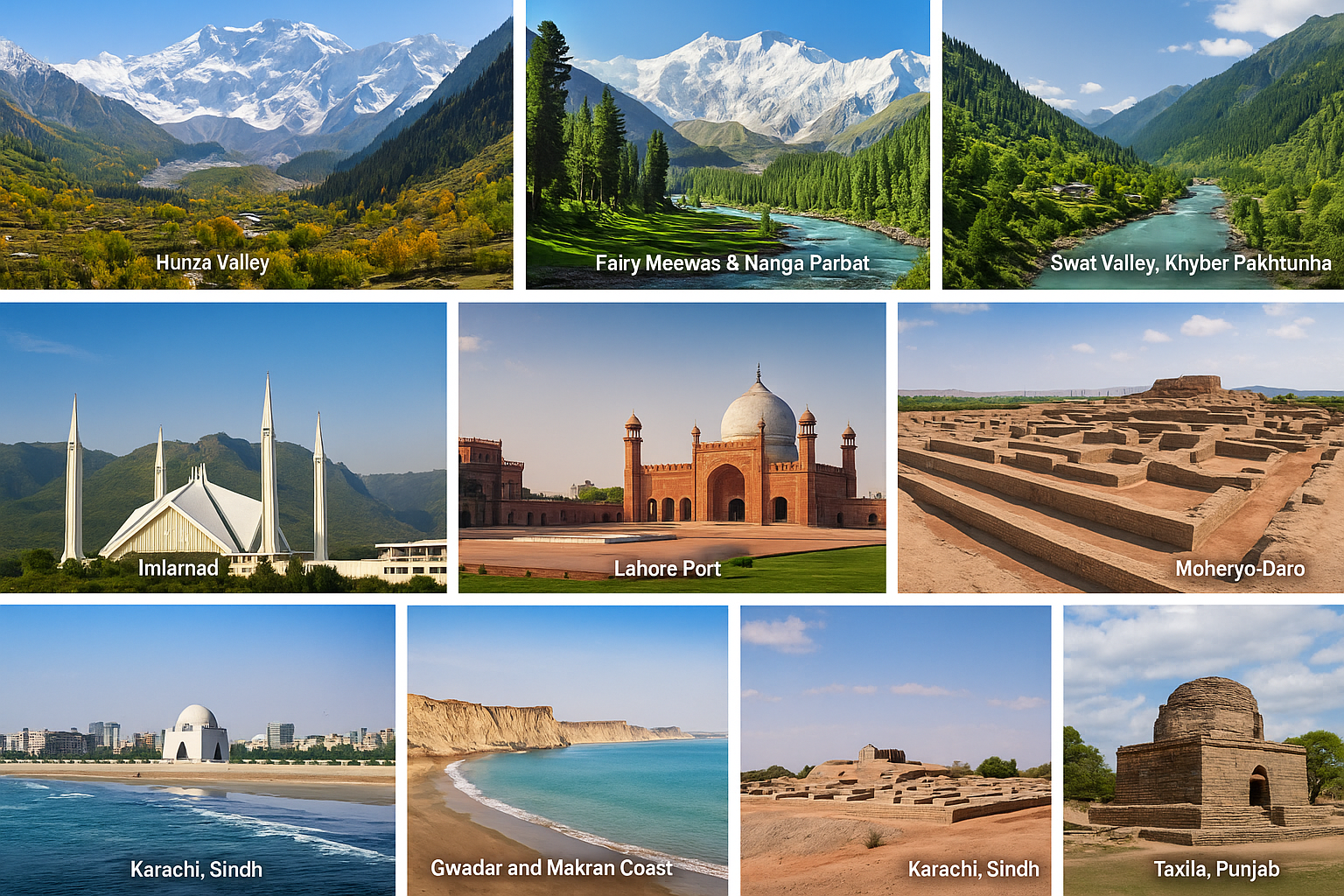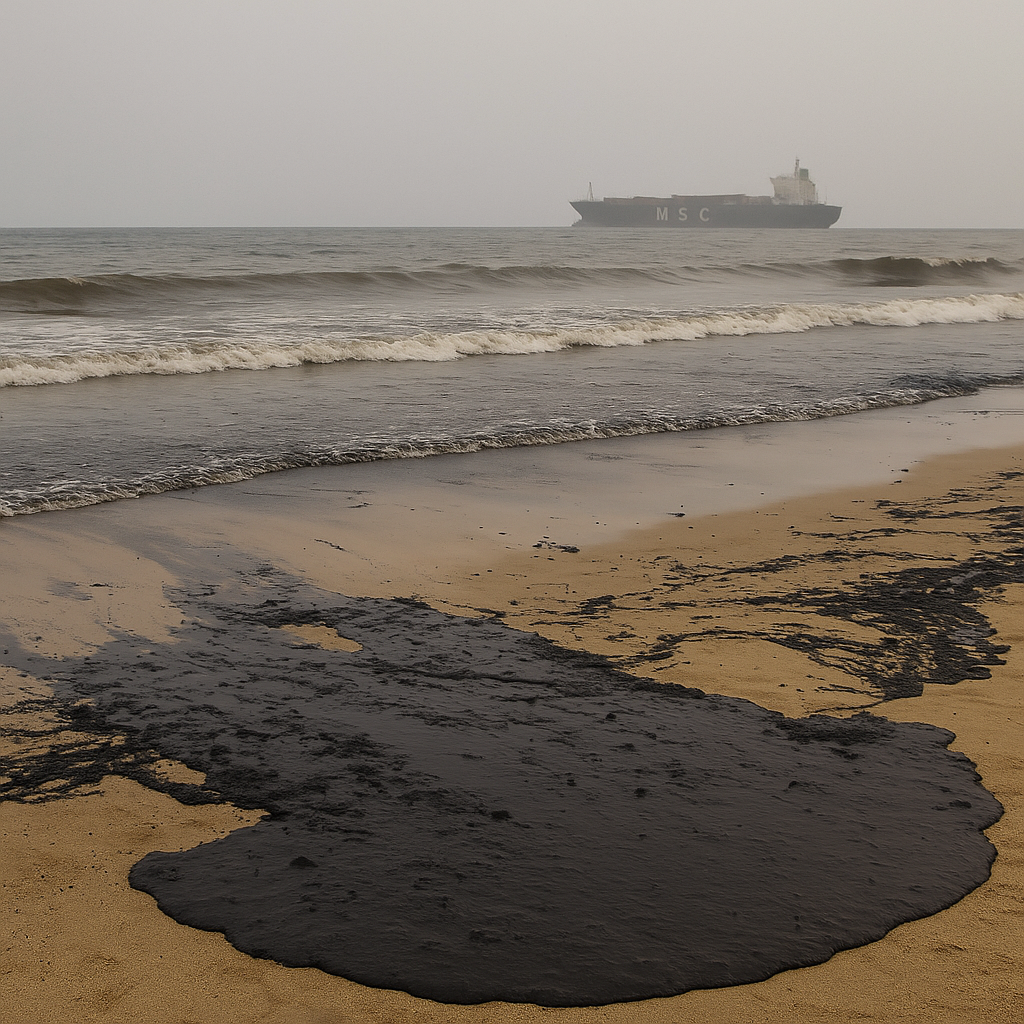India Demands $1.1 Billion from MSC Over Fuel Spill Disaster, Signaling Tougher Maritime Environmental Accountability
In a landmark environmental and legal move, India has demanded $1.1 billion in damages from the Mediterranean Shipping Company (MSC) following one of the most significant maritime fuel spills in Indian history. The catastrophic incident occurred in May 2025, when an MSC-operated vessel discharged massive quantities of fuel off the western coastline of India, affecting hundreds of kilometers of marine territory and shoreline ecosystems.
This historic demand represents India’s intensified push for environmental accountability, corporate responsibility, and sustainable maritime conduct in the face of growing ecological threats.
Massive Environmental Fallout: Fuel Spill Ravages India’s Coastal Ecosystems
The May 2025 incident resulted in an extensive oil spill that contaminated vital coastal ecosystems across Goa, Maharashtra, Kerala, and Tamil Nadu, causing widespread marine damage. Government agencies, including the Indian Coast Guard and the Ministry of Environment, Forest and Climate Change (MoEFCC), reported severe contamination of coral reefs, mangroves, and marine wildlife habitats.
Thousands of marine species, including protected dolphins, sea turtles, and migratory birds, were affected, and several beaches were closed due to environmental health concerns. The National Centre for Sustainable Coastal Management has since been assessing ecological damage across sensitive biodiversity zones.
Economic Impact: Coastal Livelihoods and Tourism Suffer Devastating Losses
India’s $1.1 billion claim also underscores the deep economic toll suffered by coastal states. Local communities, especially those dependent on fishing, tourism, and marine trade, have experienced sharp income losses, with fishing bans, beach closures, and canceled tourism bookings.
According to India’s Ministry of Tourism, coastal tourism revenue fell by 22% in the impacted regions in the weeks following the spill. Meanwhile, fishery cooperatives in Goa and Kerala reported a 40% decline in catch volume, further stressing livelihoods.
The financial burden of cleanup operations, wildlife rescue efforts, and environmental rehabilitation—borne by national and state governments—adds weight to India’s reparation demands.
Legal Precedent: India Sets Global Example with “Polluter Pays” Enforcement
India’s unprecedented legal action seeks to hold MSC accountable under the “polluter pays” principle, aligning with international maritime regulations, including those governed by the International Maritime Organization (IMO) and MARPOL (Marine Pollution Convention).
Legal experts consider this claim a significant precedent in the region, warning that global shipping corporations may face greater scrutiny and legal consequences if environmental compliance standards are breached.
The Indian Ministry of Shipping and Ministry of External Affairs are also working with the International Tribunal for the Law of the Sea (ITLOS) to frame global cooperation around this case.
Environmental Restoration: India’s Multi-Phase Coastal Recovery Plan
India’s reparation proposal includes funding for a national coastal restoration strategy. Key objectives include:
- Marine ecosystem rehabilitation, including coral reef restoration and mangrove replanting
- Long-term ecological monitoring using AI-based marine data collection
- Wildlife rescue and rehabilitation, particularly in estuarine and lagoon ecosystems
- Oil remediation technologies, including eco-friendly absorbents and underwater cleanup systems
The National Disaster Response Force (NDRF) and Indian National Centre for Ocean Information Services (INCOIS) are spearheading the technical response and long-term environmental studies to measure recovery.
Supporting Affected Communities: Livelihood Recovery as a Top Priority
The reparation demand also targets livelihood recovery programs for local fishing families, tourism operators, and small businesses whose income streams were disrupted. Compensation packages are being prepared under India’s Blue Economy Development Policy, emphasizing resilient economic ecosystems along the coastline.
Community-based NGOs and self-help groups have already mobilized to distribute aid, conduct financial literacy workshops, and support alternative employment training in ecotourism and conservation.
Advocating Sustainable Maritime Operations
India’s firm stance sends a clear message to global maritime operators: environmental negligence will carry financial and reputational consequences. The government is now advocating:
- Tighter environmental risk assessments for all foreign-flagged vessels entering Indian waters
- Mandatory compliance with updated maritime safety protocols
- Greater transparency through satellite-based vessel tracking systems
- Zero-discharge operational policies for commercial vessels passing through the Indian Ocean
According to India’s Directorate General of Shipping, new safety and pollution control regulations are being drafted to prevent recurrence.
Investing in Maritime Technology for Environmental Protection
India is rapidly integrating advanced maritime surveillance technologies, including drone-assisted spill detection, real-time AI-driven ocean current mapping, and autonomous oil containment drones. The National Institute of Ocean Technology (NIOT) is at the forefront of deploying such tools to mitigate future spills.
Additionally, India is collaborating with countries like Norway, Japan, and Singapore on sustainable shipping practices and disaster response innovations.
Global Cooperation: Aligning with International Maritime Sustainability
India’s demand for accountability from MSC aligns with international climate and sustainability goals. The fuel spill has prompted new dialogues with the IMO, UNEP, and regional environmental pacts such as the South Asian Seas Programme.
By promoting international maritime cooperation, India is helping to strengthen global maritime environmental protection frameworks, ensuring faster responses and enhanced safety protocols across the industry.
Looking Ahead: A Vision for Sustainable Maritime Futures
India’s assertive response to the MSC fuel spill demonstrates its long-term vision for clean, safe, and sustainable oceans. Through policy reform, ecological investment, and legal enforcement, the country is charting a new course for environmental accountability in the maritime industry.
The landmark $1.1 billion claim not only seeks reparations but also reinforces a broader global commitment to maritime sustainability, ecosystem resilience, and justice for affected communities.
For more travel news like this, keep reading Global Travel Wire















